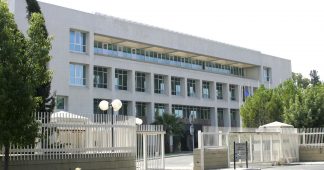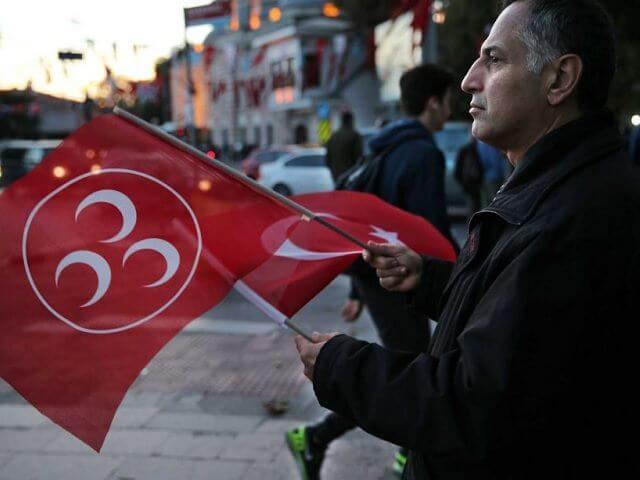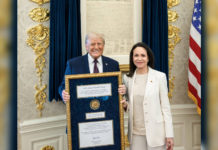An Examination of Public Attitudes on Turkish Self-Perception
By John Halpin, Michael Werz,
Alan Makovsky, and Max Hoffman
Despite sharp disagreements within the Turkish public about the overall direction of the country and its political leadership, a comprehensive new public opinion study by the Center for American Progress finds broad consensus among Turks about the dimensions of Turkish national self-perception and the nation’s relationship to the rest of the world.
In the aftermath of the attempted military coup against the government in 2016, Turks remain deeply divided about the leadership, agenda, and vision of Turkish President Recep Tayyip Erdoğan. Roughly half the Turkish population expresses displeasure with the current state of the nation’s economy and with Erdoğan’s overall tenure, as well as disapproves of the government’s response to the attempted coup. Roughly half the population feels the opposite.
At the same time, Erdoğan and his Justice and Development Party (AKP) clearly benefit from—and, arguably, have helped stoke—rising nationalist sentiment among much of the Turkish population. Compared with the more secular nationalism seen under Mustafa Kemal Atatürk’s presidency and earlier governments, this new nationalism is assertively Muslim; fiercely independent; distrusting of outsiders; and skeptical of other nations and global elites, which it perceives to hold Turkey back. Of course, Turkish nationalist thought has long focused on independence from foreign influence, and Turkish national identity has always been grounded in Islam. But religious rhetoric and symbolism, along with a prickly obsession with national sovereignty, have been elevated in the present nationalist wave, with individual attitudes often shaped by party affiliation. This nationalist wave is further characterized by deep, cross-party skepticism and distrust toward Syrian refugees, the United States, and Europe.
Balancing these more isolationist—or, at least, go-it-alone beliefs—many Turks also express deep pride in their country’s democratic reforms over the years and say that they are committed to democratic values and an open Turkey with freedom of worship and speech for all. The precise meaning of this support for democracy, and what it means for people of different political stripes, deserves further study. But CAP’s research finds that rhetorical support for democracy is a notable part of contemporary Turkish self-perceptions.
This mix of seemingly contradictory beliefs among Turks—simultaneously suspicious and inward-looking and open and pro-democratic—combined with sharp divisions over President Erdoğan, suggest that Turkish politics will remain unsettled and increasingly agitated in the years to come. Competing visions of Turkish nationalism may produce highly contentious and combative politics until new norms and leadership receive widespread public support. Whichever leader or party most successfully embodies and articulates this new nationalist spirit that combines Islam with self-determination and democracy could be well-positioned for success going forward.
The findings in this report are based on a 2,453-sample national poll in Turkey, conducted by the polling firm Metropoll from November 2 to November 12, 2017, using stratified sampling and weighting methods in 28 provinces. These provinces are based on the 26 regions of Turkey’s Nomenclature of Territorial Units for Statistics system. The survey was conducted using face-to-face questioning with a margin error of 1.98 percent at the 95 percent level of confidence. Metropoll was selected after a competitive search due to the company’s regular polling and historical data on similar issues.
The report first assesses the overall context for Turkish politics today. It then explores in detail Turkish beliefs about national identity and the most important values and ideas currently shaping the nation.
Read more at https://www.americanprogress.org/issues/security/reports/2018/02/11/445620/turkey-experiencing-new-nationalism/











